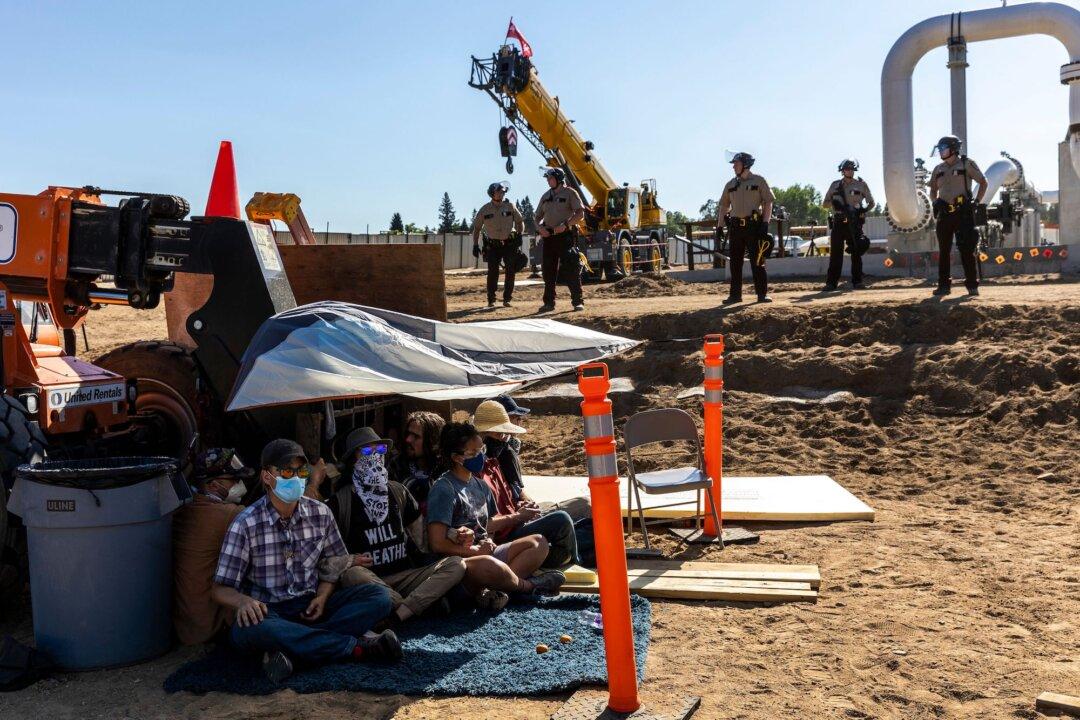The Biden administration has backed the validity of a Trump-era environmental assessment and subsequent approval of a controversial Minnesota pipeline project that environmental groups are suing to block.
In a 65-page legal brief filed on June 23 (pdf), the Department of Justice (DOJ) argued that the U.S. Army Corps of Engineers’ 2020 approval of Enbridge Inc.’s Line 3 oil pipeline met its legal obligation to assess the project’s environmental impacts and considered “all of the issues to which Plaintiffs draw special attention,” such as the project’s effects on climate, tribal hunting and fishing rights, and low-income and minority populations.





